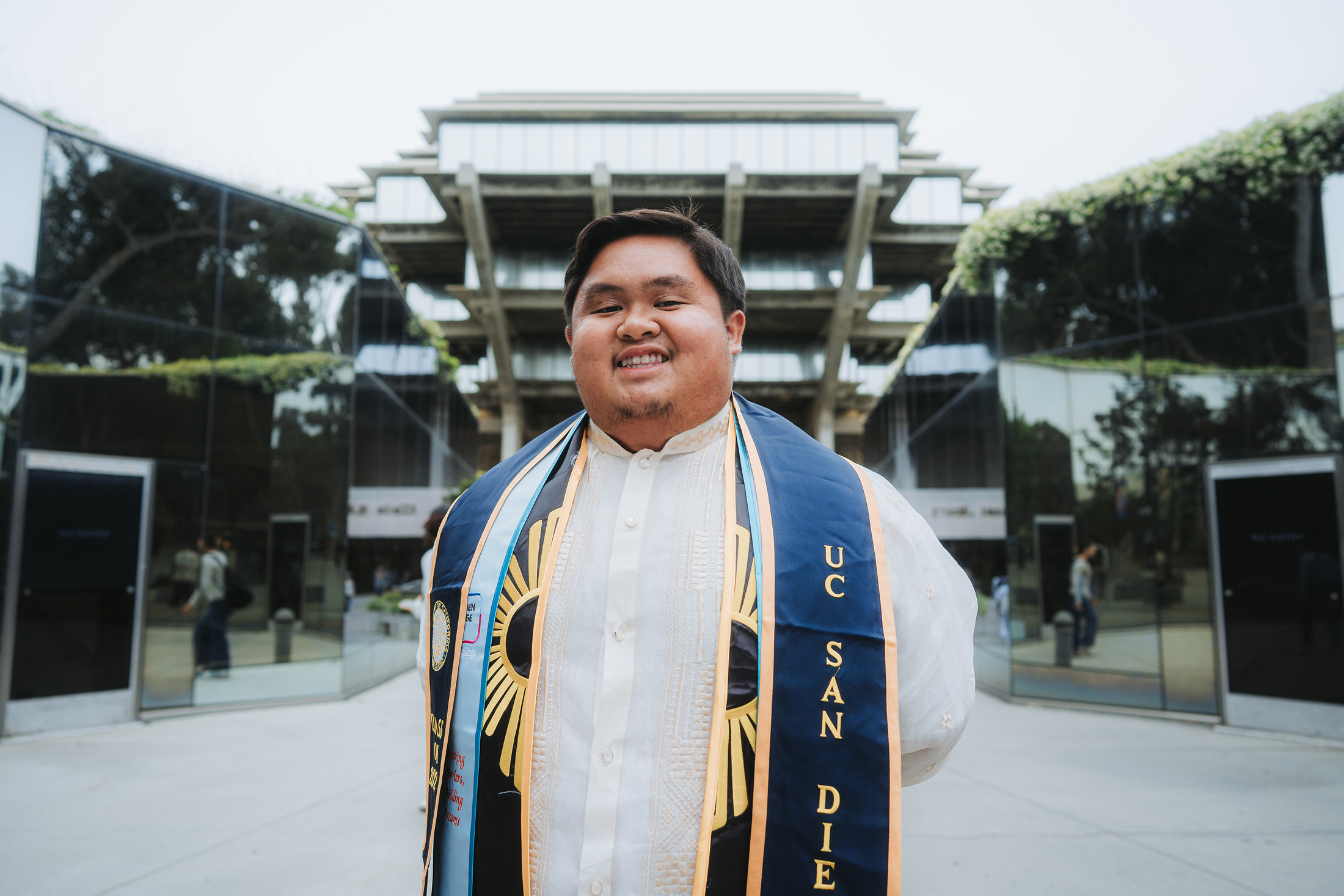Report on the Department of Lifelong Learning’s Alignment with Global Sustainable Development Goals
Executive Summary
This report outlines the mission, initiatives, and strategic direction of the Department of Lifelong Learning, with a significant focus on its contributions to the United Nations Sustainable Development Goals (SDGs). The department’s core mission to “connect, nurture, and highlight communities of faithful practice” serves as a direct vehicle for advancing key global objectives. Through a framework described as “activating baptism,” the department fosters lifelong engagement in ministry that addresses pressing world needs, thereby aligning its work with goals for education, equality, strong institutions, and global partnerships.
Advancing SDG 4: Quality Education and Lifelong Learning
The department’s entire operational mandate is centered on providing inclusive and equitable quality education and promoting lifelong learning opportunities for all, a direct reflection of SDG 4.
Key Educational and Vocational Programs
- Certificate for Lifelong Christian Formation: A joint offering with Forma, this certificate program provides high-quality, specialized education for individuals in formation ministries.
- Mentoring and Professional Growth: Initiatives such as “Launching into Ministry” and “Thriving in Ministry” provide critical support and mentorship, ensuring decent work and vocational fulfillment (SDG 8) through sustained professional development.
- Public-Facing Educational Platforms: Collaboration with the online publication Building Faith extends educational reach, making resources widely accessible.
Fostering Strong, Inclusive Societies and Partnerships (SDGs 10, 16, 17)
The department actively builds peaceful, just, and inclusive societies through its grant-funded initiatives and strategic collaborations, demonstrating a robust commitment to SDGs 10, 16, and 17.
Strategic Grant Initiatives
The following initiatives, funded by Lily Endowment, Inc., are designed to strengthen community fabrics and promote inclusivity:
- Mutual Ministry Initiative: Fosters collaborative ministry models, contributing to peaceful and inclusive communities (SDG 16).
- Faith-filled Families: Supports family structures, a foundational element of stable societies.
- Preaching Congregations Initiative: Enhances communication and community-building within congregations.
- Roots & Wings – Intergenerational Formation Collaborative: Promotes inclusion by bridging generational divides, directly supporting the aim of reducing inequalities (SDG 10).
- Thriving in Ministry: Builds resilient leadership for stronger institutions (SDG 16).
Partnerships for the Goals (SDG 17)
The department exemplifies SDG 17 through its extensive network of collaborations:
- Forma: The Network for Christian Formation
- Building Faith
- Launching into Ministry
- Lily Endowment, Inc.
Research for Reduced Inequalities (SDG 10)
The TryTank Research Institute, the department’s research arm, focuses on future-oriented challenges to promote equity. Its research into Latino ministries and Gen-Z faith development is critical for understanding and serving diverse and underrepresented populations, directly contributing to the goal of reducing inequalities.
Commitment to Gender Equality (SDG 5)
The Department of Lifelong Learning demonstrates a commitment to gender equality and empowering women in leadership. The department is led by Dr. Lisa Kimball, Vice President for Lifelong Learning, whose position exemplifies the promotion of women to significant leadership roles within major institutions, a key target of SDG 5.
Conclusion and Forward Outlook
The Department of Lifelong Learning has successfully integrated its core mission with the Sustainable Development Goals. Its programs are structured not only for spiritual and vocational formation but also as tangible contributions to global targets for quality education, gender equality, reduced inequalities, strong institutions, and collaborative partnerships. Forthcoming reports will provide case studies on mentoring, intergenerational worship, and mutual ministry, further detailing the practical application of these principles in achieving a more sustainable and equitable world.
Analysis of Sustainable Development Goals in the Article
1. Which SDGs are addressed or connected to the issues highlighted in the article?
-
SDG 4: Quality Education
The article is centered on the theme of lifelong learning and education. It describes the mission of the Department of Lifelong Learning as providing “offerings that inspire formation, provide education, and spark curiosity.” Specific programs mentioned, such as the “Certificate for Lifelong Christian Formation,” “Launching into Ministry,” and research into “Gen-Z faith development,” all directly contribute to educational and vocational development, which are core components of SDG 4.
-
SDG 17: Partnerships for the Goals
The article highlights multiple collaborations and partnerships to achieve its educational mission. It explicitly mentions a “joint offering of Forma and Virginia Theological Seminary,” frequent collaboration with “Forma: The Network for Christian Formation,” and five grant initiatives “each funded by Lily Endowment, Inc.” These examples of multi-stakeholder cooperation to achieve a common goal are central to SDG 17.
2. What specific targets under those SDGs can be identified based on the article’s content?
-
SDG 4: Quality Education
-
Target 4.3: Ensure equal access for all women and men to affordable and quality technical, vocational and tertiary education, including university.
The article mentions Virginia Theological Seminary, a form of tertiary education. The creation of the “Certificate for Lifelong Christian Formation” represents a specific offering aimed at providing quality vocational education to adults.
-
Target 4.4: Substantially increase the number of youth and adults who have relevant skills, including technical and vocational skills, for employment, decent jobs and entrepreneurship.
The article discusses programs focused on “vocational development.” The mentoring program “Launching into Ministry” and the initiative “Thriving in Ministry” are designed to equip individuals with the necessary skills and support for a specific vocation (ministry), directly aligning with this target.
-
Target 4.3: Ensure equal access for all women and men to affordable and quality technical, vocational and tertiary education, including university.
-
SDG 17: Partnerships for the Goals
-
Target 17.17: Encourage and promote effective public, public-private and civil society partnerships, building on the experience and resourcing strategies of partnerships.
The article provides clear examples of civil society partnerships. The collaboration between Virginia Theological Seminary (an educational institution) and Forma (a network for professionals) to create a joint certificate is a prime example. Furthermore, the funding of five distinct initiatives by an external entity, “Lily Endowment, Inc.,” demonstrates a partnership that mobilizes financial resources to support shared objectives.
-
Target 17.17: Encourage and promote effective public, public-private and civil society partnerships, building on the experience and resourcing strategies of partnerships.
3. Are there any indicators mentioned or implied in the article that can be used to measure progress towards the identified targets?
-
For SDG 4 (Quality Education):
While the article does not provide quantitative data, it implies several indicators that could be used to measure progress:
- Number of educational and vocational programs offered: The article names several, including the “Certificate for Lifelong Christian Formation,” “Launching into Ministry,” and the “Roots & Wings: Intergenerational Formation Collaborative.” Tracking the creation and continuation of such programs is an indicator of progress.
- Participation in vocational training and mentoring: The existence of programs like “Launching into Ministry” and “Thriving in Ministry” implies that the number of participants being mentored and supported for vocational development could be a key metric.
-
For SDG 17 (Partnerships for the Goals):
The article provides direct evidence of partnerships, which can be used as an indicator:
- Number and nature of institutional partnerships: The article explicitly identifies partnerships with “Forma: The Network for Christian Formation,” “Building Faith,” and “Launching into Ministry.” The “joint offering” of a certificate is a concrete outcome of such a partnership.
- Mobilization of financial resources through partnerships: The mention that five grant initiatives are “funded by Lily Endowment, Inc.” serves as a direct indicator of a financial partnership to achieve specific goals.
4. Create a table with three columns titled ‘SDGs, Targets and Indicators” to present the findings from analyzing the article.
| SDGs | Targets | Indicators (Identified or Implied in the Article) |
|---|---|---|
| SDG 4: Quality Education |
4.3: Ensure equal access for all women and men to affordable and quality technical, vocational and tertiary education, including university.
4.4: Substantially increase the number of youth and adults who have relevant skills, including technical and vocational skills, for employment. |
|
| SDG 17: Partnerships for the Goals | 17.17: Encourage and promote effective public, public-private and civil society partnerships. |
|
Source: vts.edu







